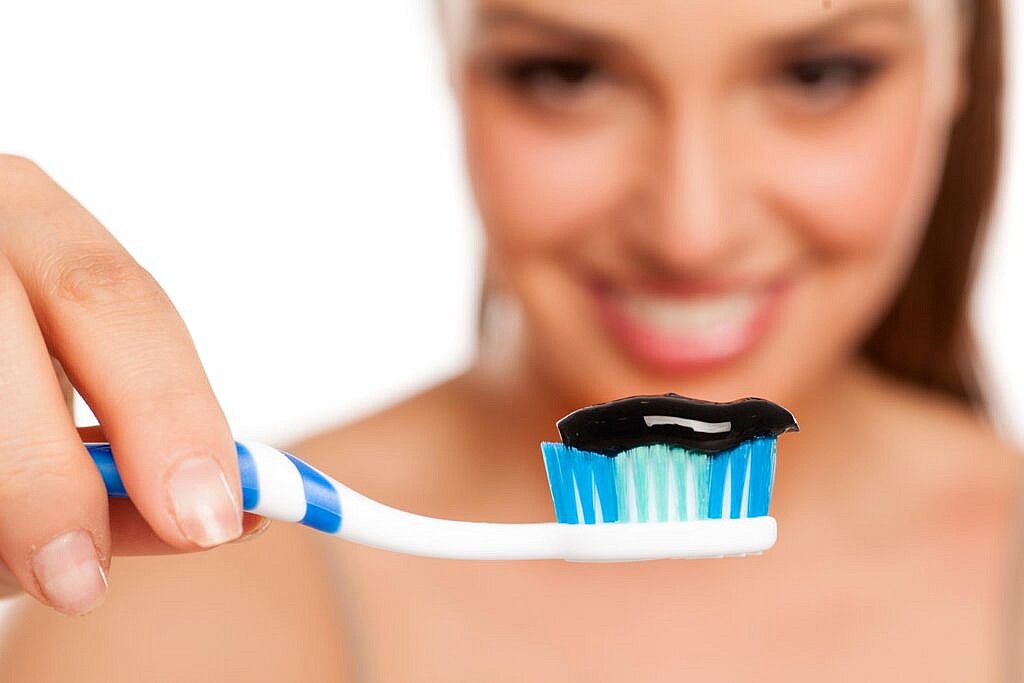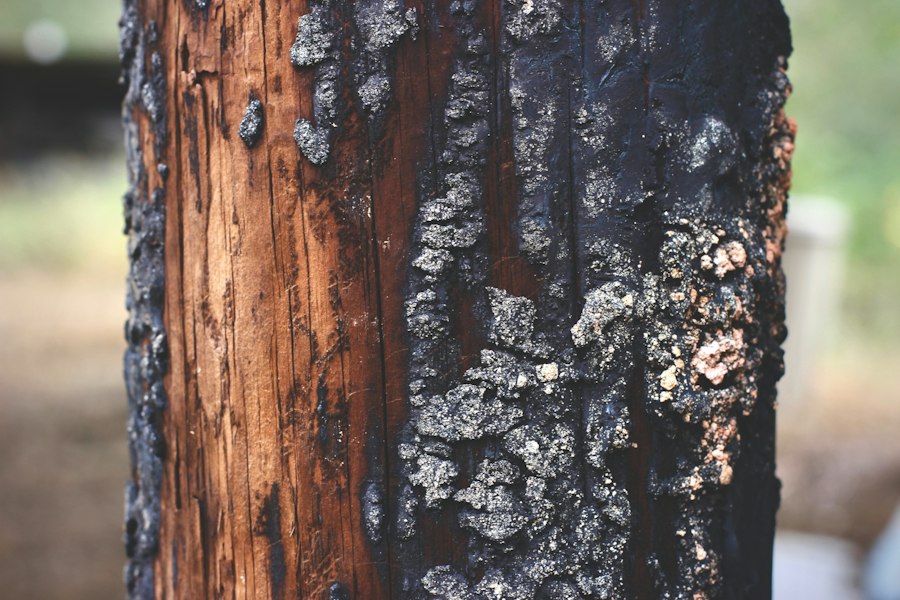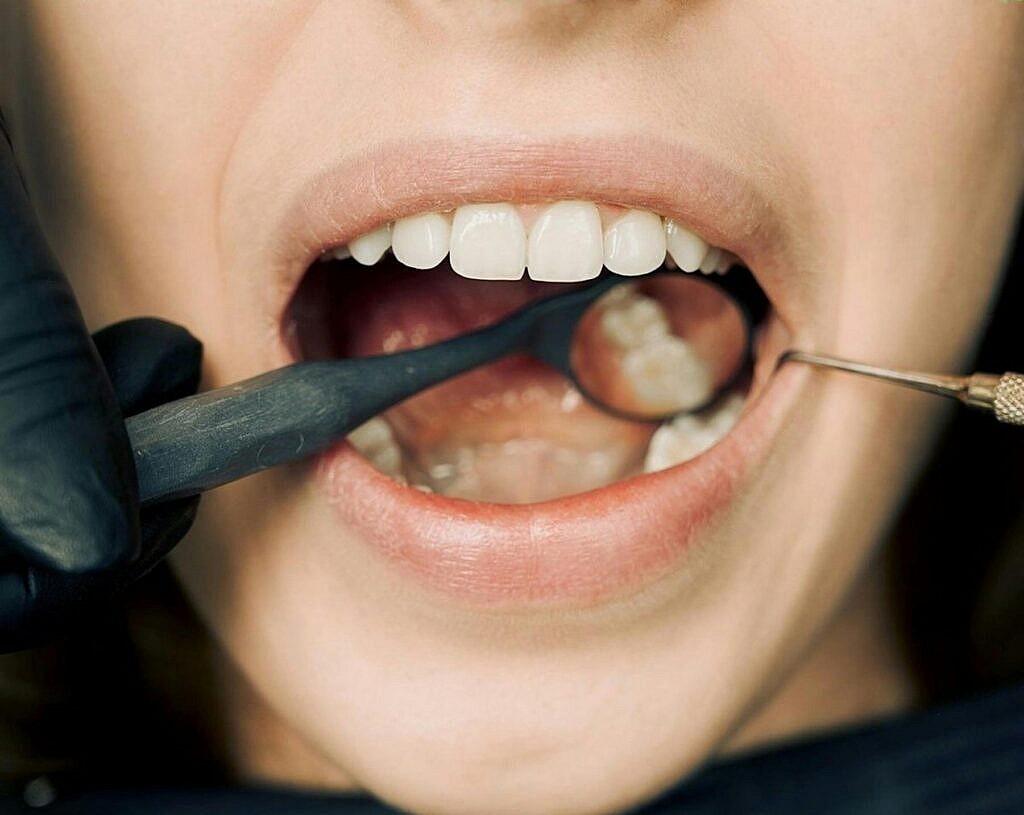Charcoal toothpaste has gained significant popularity in recent years as a natural alternative to traditional toothpaste. With claims of teeth whitening and removal of surface stains, many people have turned to charcoal toothpaste as a way to achieve a brighter smile. However, with this rise in popularity comes the need to explore the benefits and risks associated with using charcoal toothpaste. This article aims to provide a comprehensive overview of charcoal toothpaste, its benefits, and potential risks, allowing readers to make an informed decision about whether or not to incorporate it into their oral care routine.

What is Charcoal Toothpaste?
Charcoal toothpaste is a type of toothpaste that contains activated charcoal as one of its main ingredients. Activated charcoal is a form of carbon that has been treated to increase its adsorption properties. Unlike traditional toothpaste, which typically contains fluoride and other chemicals, charcoal toothpaste relies on the adsorptive properties of activated charcoal to remove impurities and stains from the teeth.
In terms of appearance, charcoal toothpaste is usually black or dark gray in color due to the presence of activated charcoal. This stark contrast to the white color of traditional toothpaste has contributed to its appeal among consumers looking for a unique and natural oral care product.
The Benefits of Charcoal Toothpaste
One of the main benefits touted by proponents of charcoal toothpaste is its ability to whiten teeth. Activated charcoal has adsorptive properties that allow it to bind to surface stains on the teeth, effectively removing them and leaving behind a brighter smile. This whitening effect is often noticeable after just a few uses, making charcoal toothpaste an attractive option for those seeking a quick and easy way to improve the appearance of their teeth.
In addition to its whitening properties, charcoal toothpaste also has the potential to reduce bad breath. The adsorptive nature of activated charcoal allows it to bind to odor-causing compounds in the mouth, helping to neutralize bad breath and leave the mouth feeling fresh. This can be particularly beneficial for individuals who struggle with chronic bad breath or halitosis.
Furthermore, many charcoal toothpaste brands pride themselves on using natural and organic ingredients. This can be appealing to individuals who are conscious about the products they use and prefer to avoid chemicals and artificial additives. By opting for charcoal toothpaste, these individuals can feel confident that they are using a product that aligns with their values.

The Risks of Charcoal Toothpaste
While there are certainly benefits to using charcoal toothpaste, it is important to also consider the potential risks associated with its use. One of the main concerns is the lack of regulation and standardization in the charcoal toothpaste industry. Unlike traditional toothpaste, which is subject to strict regulations and quality control measures, charcoal toothpaste manufacturers are not held to the same standards. This means that the quality and safety of charcoal toothpaste products can vary significantly from brand to brand.
Another risk associated with charcoal toothpaste is its abrasive nature. The particles of activated charcoal can be quite rough and abrasive, which may lead to enamel erosion over time. Enamel erosion occurs when the outer layer of the teeth, known as enamel, wears away, leaving the underlying dentin exposed. This can result in increased tooth sensitivity and a higher risk of cavities.
In addition to enamel erosion, charcoal toothpaste may also pose a risk of gum irritation. The abrasive particles in charcoal toothpaste can irritate the delicate gum tissue, leading to redness, swelling, and discomfort. This can be particularly problematic for individuals with sensitive gums or pre-existing gum conditions.
Charcoal Toothpaste and Tooth Sensitivity
Tooth sensitivity is a common dental issue characterized by a sharp or shooting pain when the teeth are exposed to certain stimuli, such as hot or cold temperatures, sweet or acidic foods, or even brushing. Charcoal toothpaste has the potential to exacerbate tooth sensitivity due to its abrasive nature.
The rough particles of activated charcoal can wear away the protective layer of enamel, exposing the underlying dentin, which contains microscopic tubules that lead to the nerves of the teeth. When these tubules are exposed, they can transmit sensations of pain and discomfort more easily, resulting in increased tooth sensitivity.
If you have tooth sensitivity and still want to use charcoal toothpaste, there are a few tips you can follow to minimize the risk of exacerbating your sensitivity. First, choose a charcoal toothpaste that is specifically formulated for sensitive teeth. These products often contain ingredients like potassium nitrate or strontium chloride, which can help to desensitize the nerves in the teeth.
Also, be mindful of your brushing technique. Avoid applying excessive pressure when brushing and opt for a soft-bristled toothbrush to minimize further enamel wear. Finally, consider using a fluoride mouthwash or toothpaste after using charcoal toothpaste to help strengthen and protect your teeth against sensitivity.
Charcoal Toothpaste and Enamel Erosion
Enamel erosion is a dental condition characterized by the gradual wearing away of the outer layer of the teeth, known as enamel. This can occur due to various factors, including acidic foods and beverages, aggressive brushing techniques, and abrasive toothpaste.
Charcoal toothpaste has the potential to contribute to enamel erosion due to its abrasive nature. The rough particles of activated charcoal can physically wear away the enamel over time, leaving the teeth more vulnerable to cavities and sensitivity.
To minimize the risk of enamel erosion when using charcoal toothpaste, it is important to be mindful of your brushing technique. Avoid applying excessive pressure when brushing and opt for a soft-bristled toothbrush. Additionally, consider using a fluoride mouthwash or toothpaste after using charcoal toothpaste to help strengthen and remineralize the enamel.
Charcoal Toothpaste and Staining
Staining is a common dental issue characterized by the discoloration or darkening of the teeth. This can occur due to various factors, including the consumption of certain foods and beverages, smoking, and poor oral hygiene.
Ironically, while charcoal toothpaste is often marketed as a whitening product, it can actually contribute to staining in some cases. The dark color of charcoal toothpaste can leave behind residue on the teeth, especially in areas that are difficult to reach with a toothbrush. Over time, this residue can build up and result in staining.
To prevent staining when using charcoal toothpaste, it is important to thoroughly rinse your mouth after brushing. Consider using an antibacterial mouthwash to help remove any remaining residue and prevent the buildup of stains. Additionally, be sure to brush all surfaces of your teeth, including the back and sides, to ensure thorough cleaning.
Charcoal Toothpaste and Gum Irritation
Gum irritation is a common dental issue characterized by redness, swelling, and discomfort in the gum tissue. This can occur due to various factors, including aggressive brushing techniques, gum disease, and certain oral care products.
Charcoal toothpaste has the potential to cause gum irritation due to its abrasive nature. The rough particles of activated charcoal can physically irritate the delicate gum tissue, leading to redness, swelling, and discomfort.
To minimize the risk of gum irritation when using charcoal toothpaste, it is important to be gentle when brushing. Avoid applying excessive pressure and opt for a soft-bristled toothbrush. Additionally, consider using a fluoride mouthwash or toothpaste after using charcoal toothpaste to help soothe and protect your gums.
Charcoal Toothpaste Effectiveness: Does it Really Work?
The effectiveness of charcoal toothpaste has been a topic of debate among dental professionals and researchers. While some studies have shown promising results in terms of teeth whitening and stain removal, others have found no significant difference between charcoal toothpaste and traditional toothpaste.
One study published in the Journal of the American Dental Association found that charcoal toothpaste was no more effective at whitening teeth than traditional toothpaste. However, another study published in the Journal of Applied Oral Science found that charcoal toothpaste was effective at removing surface stains and improving tooth color.
It is important to note that individual results and experiences may vary when it comes to charcoal toothpaste. Some individuals may see noticeable improvements in the whiteness of their teeth, while others may not experience any significant changes. Factors such as the severity of staining, oral hygiene habits, and overall dental health can all influence the effectiveness of charcoal toothpaste.
Should You Use Charcoal Toothpaste?
In conclusion, charcoal toothpaste has both benefits and risks that should be carefully considered before deciding whether or not to incorporate it into your oral care routine. The whitening properties and potential reduction of bad breath make it an attractive option for those seeking a brighter smile and fresher breath. Additionally, the use of natural and organic ingredients can be appealing to individuals who prioritize using products that align with their values.
However, it is important to be aware of the potential risks associated with charcoal toothpaste, including lack of regulation and standardization, abrasive nature, enamel erosion, and gum irritation. These risks can be minimized by choosing a reputable brand, being mindful of brushing technique, and considering additional oral care products to protect against sensitivity and erosion.
Ultimately, the decision to use charcoal toothpaste should be based on personal considerations and preferences. If you are concerned about the potential risks or have pre-existing dental conditions, it may be best to consult with a dental professional before incorporating charcoal toothpaste into your oral care routine.
Brushing Keeps Your Smile Bright, Regular Cleanings Make It Right!
While daily brushing with our top-quality charcoal toothpaste helps remove stains and detoxify your mouth, regular dental cleanings are crucial for maintaining overall oral health. At Park Avenue Dental, we emphasize the importance of a comprehensive oral hygiene routine. Our experienced team of dental professionals can provide you with the care and advice you need to maintain healthy teeth and gums. You can reach us at (904) 269-5520 or visit our contact us to schedule an appointment. Remember, taking care of your oral health is an important part of taking care of your overall health!

